SC seeks report on former army, ISI chiefs
Asks if Raheel Sharif, Shuja Pasha sought cabinet’s permission before taking up jobs abroad
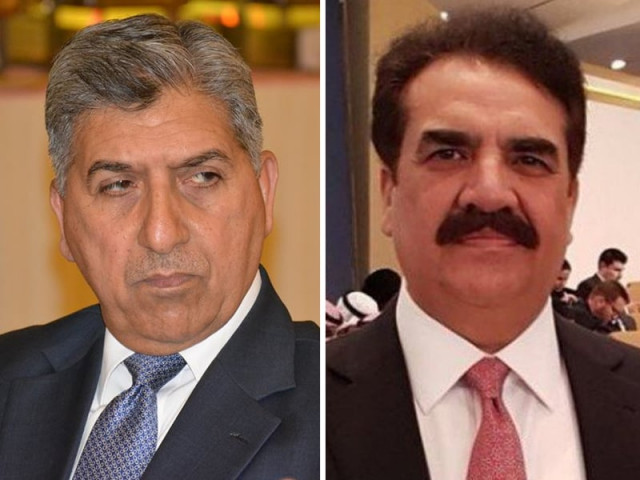
File Photo.
The Supreme Court has sought from the defence ministry a report on the foreign employment of former army chief General (retd) Raheel Sharif and the Inter-Services Intelligence (ISI) former director-general Lt Gen (retd) Ahmad Shuja Pasha.
A three-judge SC bench, headed by Chief Justice of Pakistan (CJP) Mian Saqib Nisar on Wednesday inquired whether the senior army officers took permission from the federal government before joining foreign organisations.
The bench noted that under the law it is mandatory for ex-servicemen to seek permission before taking up employment abroad as they are prohibited from seeking any job for two years after retirement. It directed Defence Secretary Lt Gen (retd) Zamir-ul-Hassan Shah to provide information in this regard.
Gen Raheel is working as chief of the 39-nation Islamic military coalition formed by Saudi Arabia to combat terrorism. Gen Pasha also got an employment in the UAE soon after his retirement in 2012.
Top court seeks details of army officials holding dual nationality
During the hearing, the CJP while referring to both the retired officers noted that generally the officers who work on sensitive posts get special protection because they hold very sensitive information.
“It would be examined how this permission was granted. The court will see what is the nature and duration of their employments. These individuals should have obtained the cabinet's permission [prior to their departure],” he observed.
No dual national
The defence secretary informed the bench that there are no dual nationals in the Pakistan Army as according to its rules, anyone holding a dual nationality cannot be recruited.
On the bench’s query, the secretary, however, admitted that spouses of some army officials are dual nationals and permission was sought from the competent authority before their marriage.
The bench asked the secretary whether any disciplinary action had been taken against those military officers who got married without permission and sought data in this regard.
The CJP Nisar also directed the defence secretary to conduct an exercise within armed forces to identify those who are secretly holding dual nationalities. He said if the same exercise is conducted in the civil departments it should also be applied to the armed forces.
In his written submission, Attorney General for Pakistan Khalid Javed Khan said there are 27 Pakistani civil servants who have dual nationality of countries not covered by section 14 (3) Citizen Act 1951 . Those countries do not allow dual nationality.
“There is no explicit statutory bar restricting entry of Pakistani citizens having dual nationality in the civil service/ public service. The position is no different from those having no dual nationality,” the AGP said. The bench later issued notice to 27 civil servants to explain their position as the hearing was adjourned until August 7.
SJC holds first open trial of high court judge
Policy on water management
The same bench also appointed senior lawyers Makhdoom Ali Khan and Salman Aslam Butt to assist the court to formulate policy on water management and usage of water. The bench, however, noted that the proposed policy will be forwarded to the executive.
The bench said those who did not take steps to overcome water crisis in the past, should be held accountable. The CJP made it clear that the court did not involve in any policy matters in recent past.
Makhdoom Ali Khan while referring international tribunals’ decisions on water disputes with India said: “We were unfair ourselves as we did not construct dams. No one was unfair with Pakistan.” Hearing of case is adjourned for 10 days.

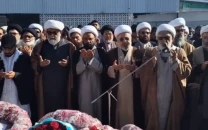
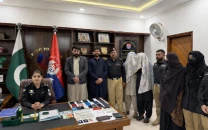
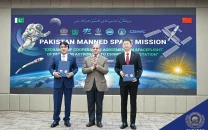
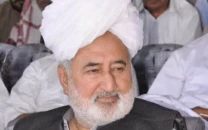














COMMENTS
Comments are moderated and generally will be posted if they are on-topic and not abusive.
For more information, please see our Comments FAQ